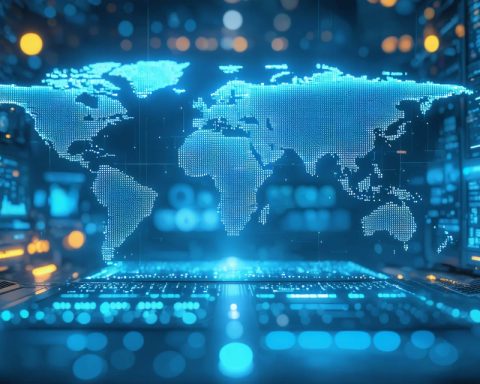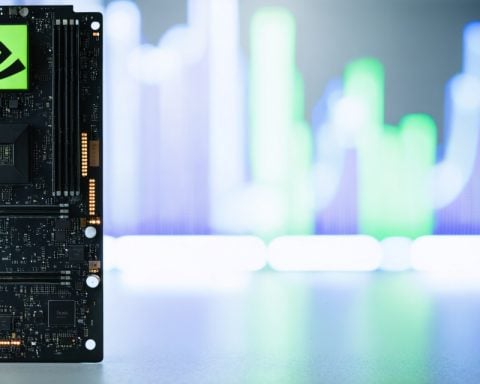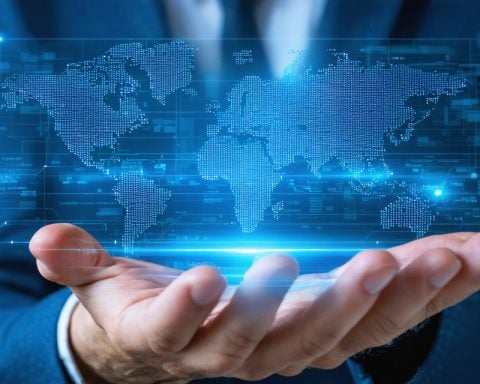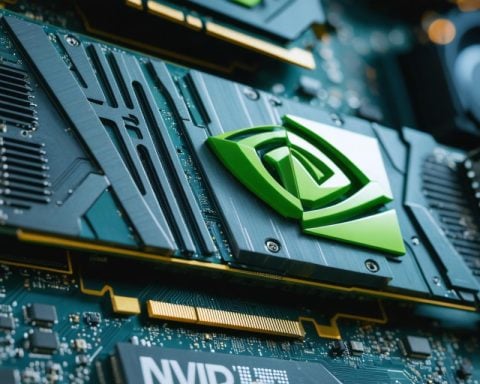- SB 5592 aims to end Tesla’s exclusive direct sales privilege, allowing other EV makers like Rivian and Lucid to sell directly in Washington.
- The proposal requires new entrants to establish two service centers and offers mobile servicing, enhancing consumer experience.
- Widespread public support: 84% of Washingtonians favor the legislative change, foreseeing better EV options and choice.
- Traditional car dealerships oppose the bill, fearing reduced competition and compromised repair services.
- If enacted, the bill could diversify the EV market with more affordable and innovative options, challenging Tesla’s dominance.
A seismic shift is brewing in Washington’s electric vehicle (EV) market as lawmakers rally behind SB 5592, a bold proposal aimed at breaking Tesla’s dominating grip on direct sales. Traditionally the lone player with the privilege to engage consumers directly, Tesla now faces the winds of change as this bill sets the stage for fierce competition.
Revolutionizing Direct Sales
SB 5592 opens the door for non-Tesla EV manufacturers like Rivian and Lucid to sell directly to eager consumers, dismantling previous restrictions. The legislation obliges these companies to open two service centers within the state and introduces convenient mobile servicing options. By fostering online sales and ensuring robust technician training, the bill promises an enhanced consumer journey.
Public Appetite for Change
A resounding 84% of Washingtonians back this legislative shift. Enthusiasts from the Washington Clean Car Choice Coalition champion this cause, envisioning a state rich in clean vehicle options accessible to all. They see this as a thrilling opportunity to democratize EV ownership, offering consumers the power of choice and innovation.
The Resistance from Dealerships
While change is welcomed by many, traditional car dealerships stand in opposition. They argue that permitting automakers to commandeer sales might stifle competition and limit repair accessibility, casting a shadow on customer support services.
The Future of Washington’s EV Arena
The potential enactment of SB 5592 heralds an era of increased variety and competition in the EV market. This shift could lead to more affordable, innovative electric choices for consumers, shaking up Tesla’s status in the state and challenging its market hold.
As Washington stands on the brink of transformation, the clash between traditional dealerships and innovative manufacturers rages on. Will this be the turning point for the EV sector in Washington? Keep your eyes on the prize—this battle is just warming up!
This New Legislation Will Change the EV Market Forever: Are You Ready?
How SB 5592 Could Transform Consumer Choices in the EV Market
1. What are the major innovations introduced by SB 5592 in the EV market?
SB 5592 instigates a major overhaul in how electric vehicles are sold in Washington state by enabling direct sales for non-Tesla manufacturers like Rivian and Lucid. This eliminates the traditional dealership middleman, allowing for a more streamlined buying experience. Such innovations also include mandatory service centers equipped to offer mobile servicing and specialized training for technicians. This not only enhances the post-purchase customer experience but also increases accessibility and convenience for consumers wanting to buy and maintain electric vehicles.
2. How does SB 5592 impact the competition and pricing within the EV market?
The competition stirred by SB 5592 is expected to have significant implications on pricing and variety in the market. By allowing multiple EV manufacturers to sell directly to consumers, the legislation is likely to drive down prices as these companies compete for market share. This competition creates a consumer-friendly environment where affordable and diverse electric vehicle options proliferate. Furthermore, with the possibility of more entrants in the market under this new legislative framework, existing players, including Tesla, may be compelled to innovate further to maintain their competitive edge.
3. What are the potential downsides or criticisms of SB 5592?
Despite the potential benefits, SB 5592 has faced criticism, primarily from traditional car dealerships. These establishments argue that the direct sales model could potentially monopolize the market, reduce competition, and lead to a decline in customer service and repair accessibility. Moreover, dealerships express concern that automakers holding direct control over sales could compromise consumer protection and the traditional support systems that dealerships have historically provided.
The Broader Implications and Possible Future Trends
The potential enactment of SB 5592 marks a pivot towards more democratic and consumer-centered vehicle ownership models. Should this bill succeed, it could set a precedent for similar legislation across the United States, further liberalizing the market. Innovations in this sector might include online-first dealership models and subscription-based services tailored to diverse consumer needs.
Observers and stakeholders are keenly watching the developments in Washington, as the success or failure of SB 5592 could forecast trends in the national EV landscape. The unrest from dealerships and the enthusiasm from emerging manufacturers underscore the dynamic and rapidly evolving nature of the automotive market.
For more information on electric vehicle manufacturers entering this dynamic market, visit Rivian and Lucid Motors.













